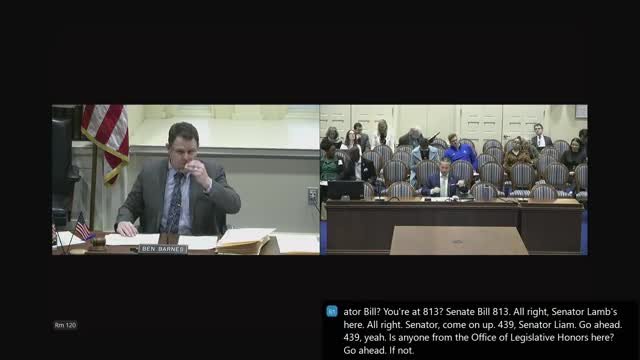Article not found
This article is no longer available. But don't worry—we've gathered other articles that discuss the same topic.
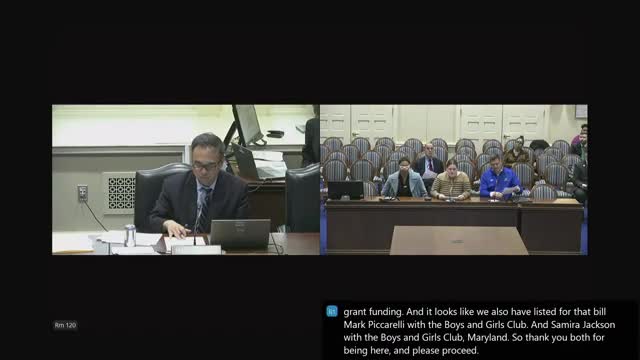
Bill would fund Boys & Girls Clubs statewide; organizers say grants support after‑school and summer programs in Title I communities
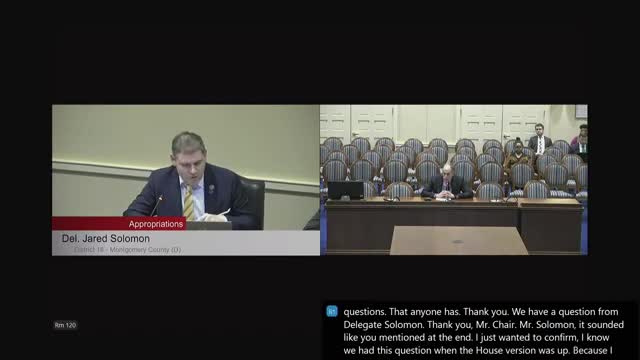
Senate bill would let the state reallocate unused school safety funds to districts that exhaust their allotments; debate focuses on SROs vs. other supports
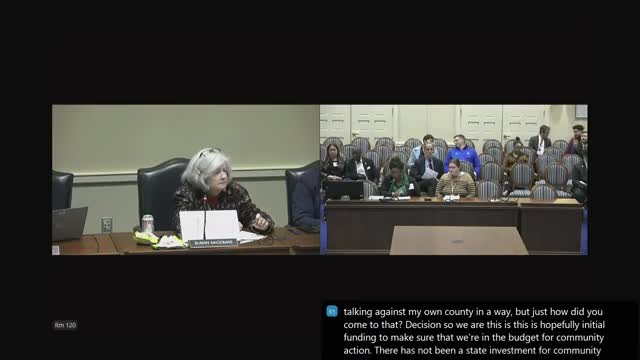
Senate bill would extend Access to Counsel in Evictions program funding and shift task force to Housing department
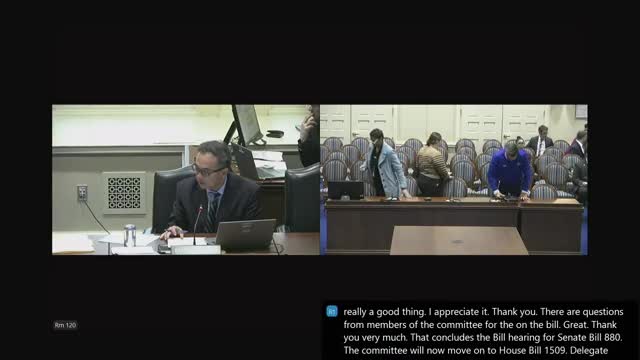
House bill seeks statutory floor for municipal and county collective bargaining; supporters and local government groups split
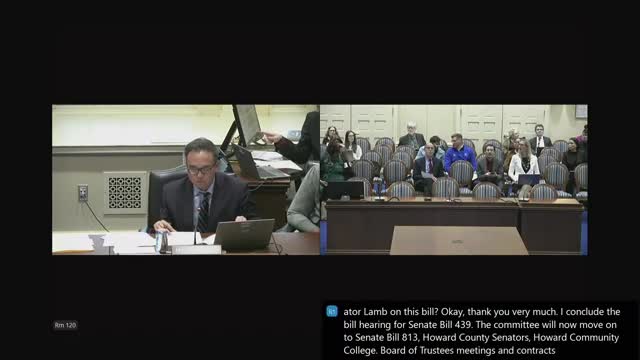
Howard Community College governance bill draws wide faculty and community testimony
